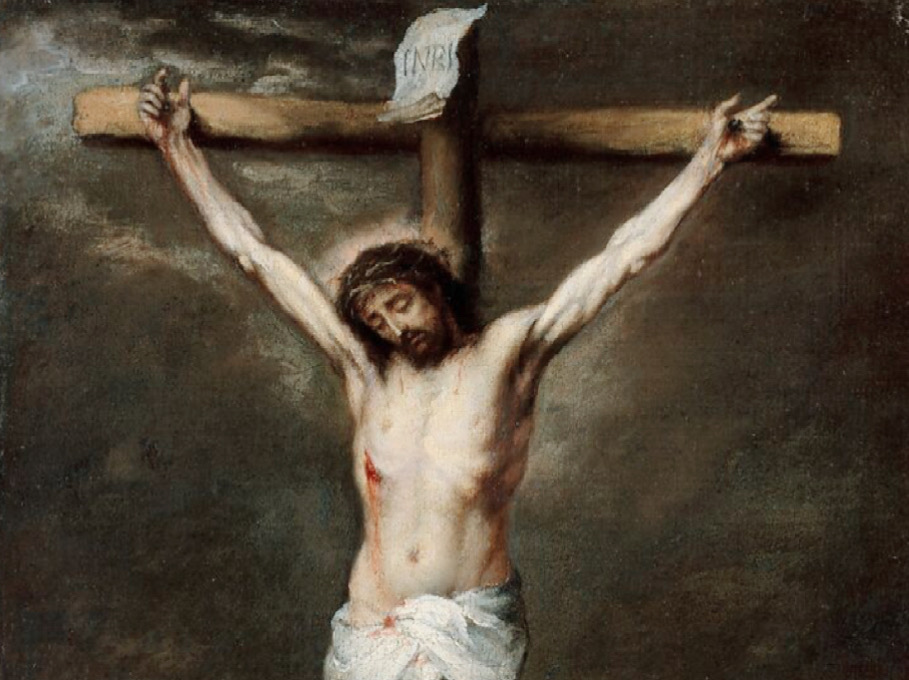What is the Significance of Jesus’ Crucifixion?

SHARE
The crucifixion of Jesus Christ stands as the cornerstone of Christian faith, symbolizing God’s ultimate act of love and redemption for humanity. As recorded in the Gospels—Matthew, Mark, Luke, and John—Jesus’ death was not an accident but a fulfillment of divine prophecy, serving as the sacrifice necessary for the forgiveness of sins.
His crucifixion carries profound theological, historical, and personal significance, shaping Christian beliefs about salvation, grace, and eternal life.
One of the central themes of Jesus’ crucifixion is atonement. According to Christian doctrine, sin separates humanity from God, and a perfect sacrifice was required to restore this relationship. Jesus, being sinless, willingly took upon himself the punishment meant for mankind.
As stated in Isaiah 53:5, “He was pierced for our transgressions, he was crushed for our iniquities; the punishment that brought us peace was on him, and by his wounds we are healed.” His death fulfilled the Old Testament sacrificial system, replacing the need for continual animal sacrifices with a single, all-sufficient offering.
Jesus’ crucifixion was foretold centuries before it happened. The Psalms and the Prophets described the Messiah’s suffering in detail. Psalm 22:16-18 states, “They pierce my hands and my feet… They divide my garments among them and cast lots for my clothing.” These events unfolded precisely during Jesus’ execution.
Likewise, Zechariah 12:10 prophesied, “They will look on me, the one they have pierced.” Jesus himself predicted his death multiple times, telling his disciples that he must suffer, be killed, and rise again on the third day (Matthew 16:21). His crucifixion validated these prophecies, proving that he was indeed the promised Savior.
Though Jesus’ death was brutal, it was not the end of the story. Christians believe that through his sacrifice, he conquered both sin and death. His last words, “It is finished” (John 19:30), signified the completion of his mission.
The tearing of the temple curtain at the moment of his death (Matthew 27:51) symbolized direct access to God, no longer requiring an intermediary priest. This event confirmed that salvation was now available to all who believe in him.
Jesus’ crucifixion also exemplifies the depth of God’s love. John 3:16 declares, “For God so loved the world that He gave His one and only Son, that whoever believes in Him shall not perish but have eternal life.” Even in his agony, Jesus prayed for his persecutors, saying, “Father, forgive them, for they know not what they do” (Luke 23:34). His response to suffering teaches Christians the importance of grace, humility, and forgiveness.
Embed from Getty ImagesThe crucifixion of Jesus is not merely a historical event; it is the foundation of Christian faith. It represents atonement, fulfills prophecy, conquers sin, and serves as a model of divine love. For believers, it is a reminder of God’s mercy and the promise of eternal life through Christ.
*Cover Photo/Thumbnail Photo from The Met Website
RELATED ARTICLES

Experience Shanghai chic redefined on the historic riverfront Bund

The Peninsula Shanghai Exclusive Offers









